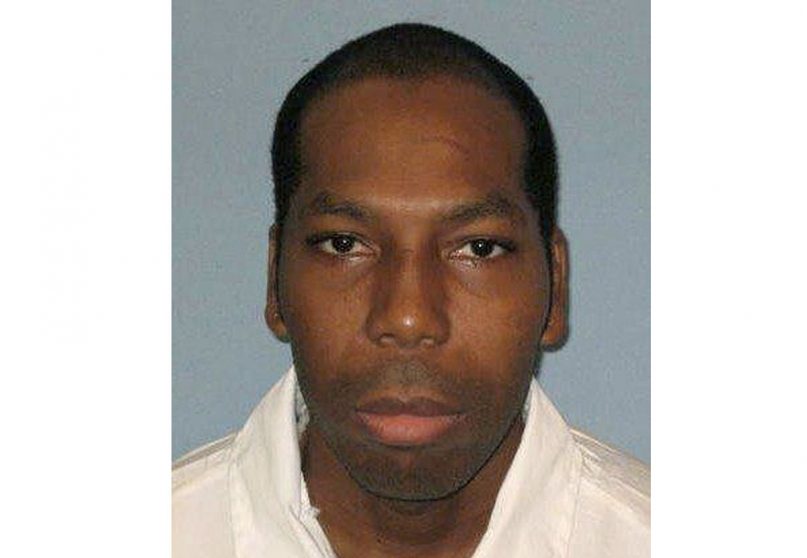ATMORE, Ala. (AP) — The U.S. Supreme Court rejected claims from a Muslim inmate who said his religious rights were being violated, clearing the way for the lethal injection to go forward Thursday (Feb. 7).
In a 5-4 decision, justices vacated a stay issued by the 11th U.S. Circuit Court of Appeals that had been blocking the execution of Domineque Ray, 42.
Ray argued Alabama’s execution procedure favors Christian inmates because a Christian chaplain employed by the prison typically remains in the execution chamber during a lethal injection, but the state would not let his imam be present.
Justice Elena Kagan wrote in a dissent that the dissenting justice considered the decision to let the execution go forward “profoundly wrong.”
Attorneys for the state said Ray had ample opportunity to visit with his imam before his scheduled execution, that only prison employees are allowed in the chamber for security reasons, and that the imam can visit him before he’s led to the execution chamber and witness the execution from an adjoining room.
Prison system spokesman Bob Horton said Ray was visited by his imam both Wednesday and Thursday and that Ray again renewed a request to have the adviser present — the request that has been denied.
Other states generally allow spiritual advisers to accompany condemned inmates up to the execution chamber but not into it, said Robert Dunham, executive director of the Death Penalty Information Center, which studies capital punishment in the United States.
Durham said did not know of any other state where the execution protocol calls for a Christian chaplain to be present in the execution chamber.
Ray was sentenced to death for the slaying of 15-year-old Tiffany Harville. The girl disappeared from her Selma home in July 1995, and her decomposing body was found in a cotton field a month later.
Ray was convicted in 1999 after another man, Marcus Owden, confessed to his role in the crime and implicated Ray. Owden told police that they had picked the girl up for a night out on the town and then raped her. Owden said that Ray cut the girl’s throat. Owden pleaded guilty to murder, testified against Ray and is serving a life sentence without parole.
A jury recommended the death penalty for Ray by an 11-1 vote.
Ray’s attorneys had also asked in legal filings to stay the execution on other grounds. Lawyers say it was not disclosed to the defense team that records from a state psychiatric facility suggested Owden suffered from schizophrenia and delusions.
The Supreme Court also rejected that claim Thursday.
(Kim Chandler writes for The Associated Press.)





